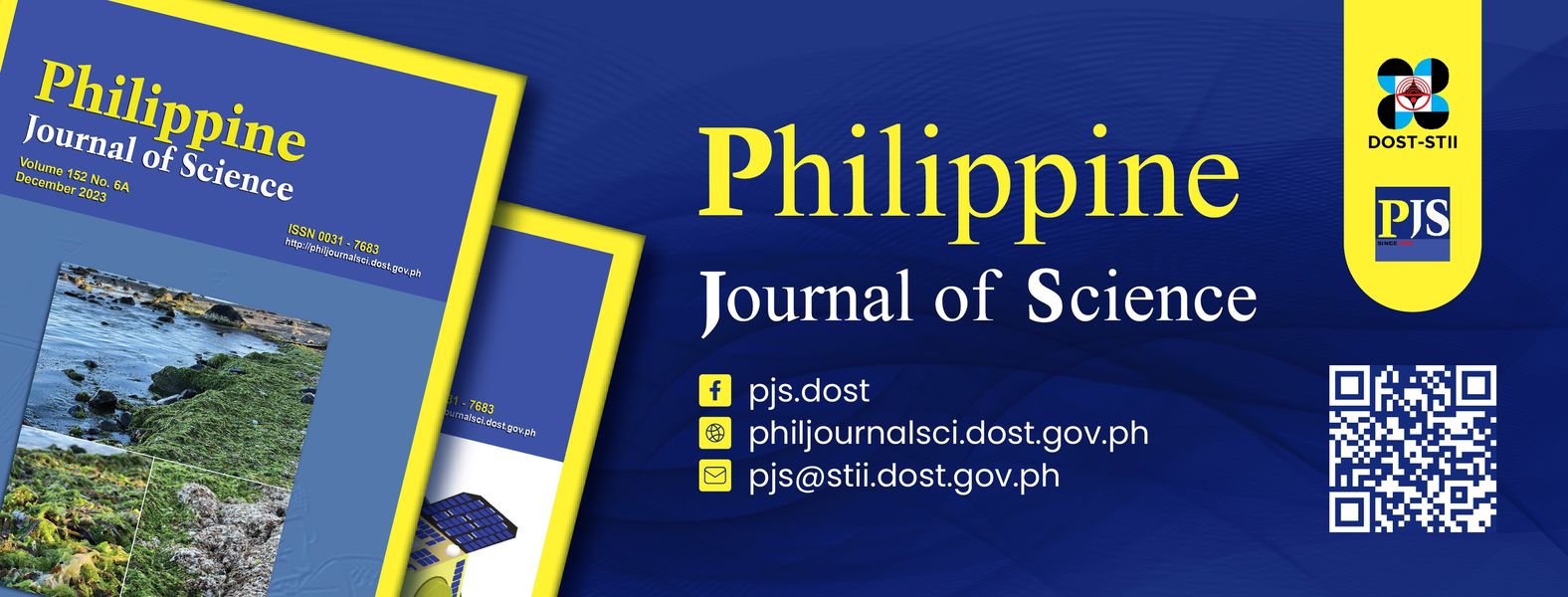- Details
The Department of Science and Technology (DOST) bared its activities for the 13th National Biotechnology Week (NBW) celebration that would run on 20-24 November 2017 at the Fisher Mall Expo Hall in Quezon City.
The 13th NBW carries the theme “Lamang ang Masa at Magsasaka sa Limang K ng Bioteknolohiya.” It aims to highlight the key role and contribution of biotechnology and its safe use for the environment, food security, and equitable access to health services.
Among the activities during the five-day celebration are: agri and aqua forum organized by DOST-Philippine Council for Agriculture, Aquatic and Natural Resources Research and Development; a health forum on the latest development in cardiovascular diseases organized by DOST’s Philippine Council Health Research and Development; and a science journalism writeshop that focuses on the benefits of biotechnology to be spearheaded by DOST-Science and Technology Information Institute and PCHRD.
DOST-Philippine Science High School System will hold career talks on biotechnology for high school students while DOST-Science Education Institute will conduct a film showing for the student-visitors. Completing the list of DOST-related activities for this year’s NBW celebration are: a forum organized by DOST-National Research Council of the Philippines on exchange of thoughts, best practices, and experiences in using biotechnology tools among biotechnology experts, researchers and students; and a forum titled “Biotechnology for Food Safety Innovations” in which DOST line agencies Industrial Technology Development Institute and Philippine Council for Industry, Energy and Emerging Technology Research and Development, and University of the Philippines-Los Baños (UPLB) Biotech are the main organizers.
All forums will be held at Brentwood Suites in Quezon City.
DOST agencies will also mount exhibits featuring various biotechnology projects and activities at the Fisher Mall Expo Hall. Some of the technologies to be exhibited are: Biotek-M of DOST-PCHRD and National Institutes of Health of University of the Philippines-Manila; Nutritional Genomics of DOST-FNRI; Bioactive Bamboo of DOST-FPRDI; Molecular Characterization of Edible Mushroom Collection of DOST-FPRDI; Mutation Breeding and Tissue Culture for Mangosteen and Efficient Sterilization Technique for Biofertilizer Carrier Production Through Gamma Irradiation of DOST-PNRI; and Science and Technology Academic and Research-Based Openly Operated Kiosks of DOST-STII.
Other government agencies and organizations participating in the 13th National Biotechnology Week are the Department of Agriculture, Department of Education, Department of Health, Department of Environment and Natural Resources, International Rice Research Institute, Southeast Asian Regional Center for Graduate Study and Research in Agriculture, UP Los Baños, Biotechnology Coalition of the Philippines, Commission on Higher Education, and UP Diliman-National Institute of Molecular Biotechnology and Biology. (By Allan Mauro V. Marfal, DOST-STII)
For more information, visit and like our page https://www.facebook.com/nbwphilippines/
- Details
Candon City, Ilocos Sur - Amid simple ceremonies, the cities of Candon in Ilocos Sur and Laoag in Ilocos Norte officially switched on their time pieces conspicuously mounted in the center of their respective cities. The time pieces were put in sync with the Philippine Standard Time or PhST which is managed and maintained by the Philippine Atmospheric, Geophysical and Astronomical Services Administration or PAGASA under the Department of Science and Technology (DOST).
- Details
Cheers and applause filled the Limketkai Atrium as the winners of the Department of Science and Technology’s Regional Invention Contest and Exhibit (RICE) were announced recently. The winning inventions have been crowd-favorites throughout the three-day RICE showcase, which ran concurrently with the Regional Science and Technology Week celebration.
Read more: Winning inventions in NorMin excite crowds at S&T tilt


















 21 in 2021 Technology Catalogue
21 in 2021 Technology Catalogue 21 in 2021 Technology Catalogue
21 in 2021 Technology Catalogue DOST Innovations - Web and Mobile Applications for Disaster Risk Reduction and Management
DOST Innovations - Web and Mobile Applications for Disaster Risk Reduction and Management